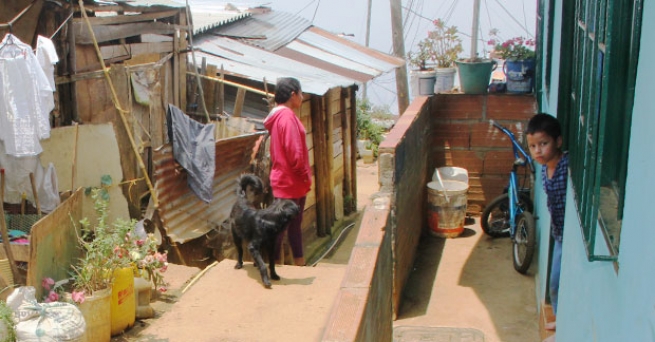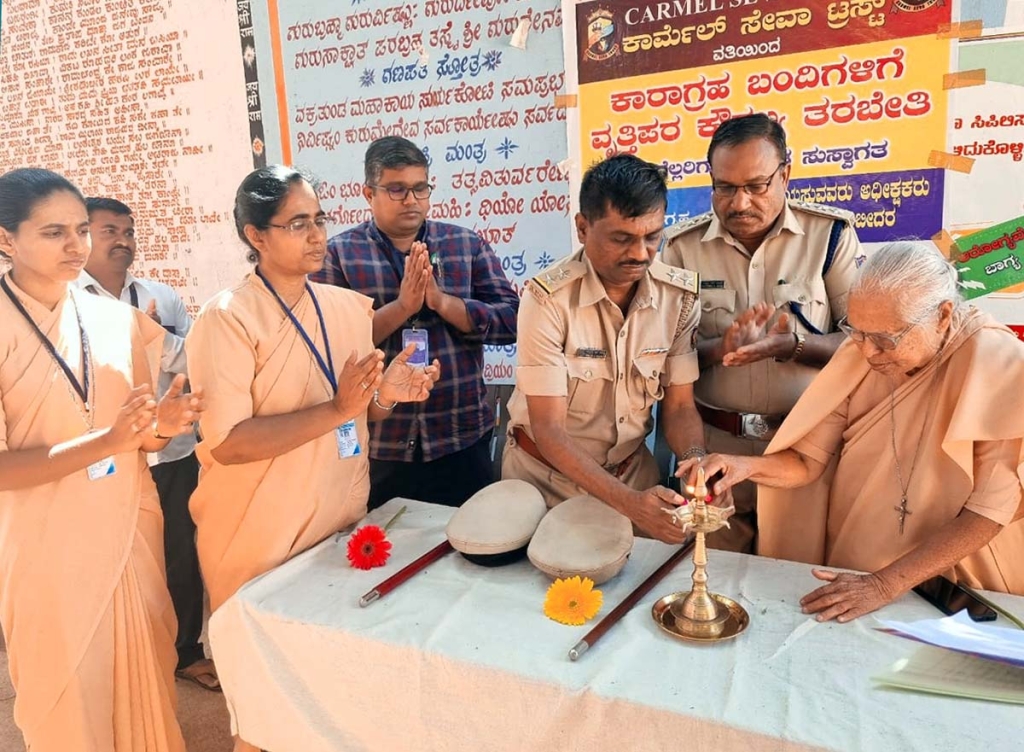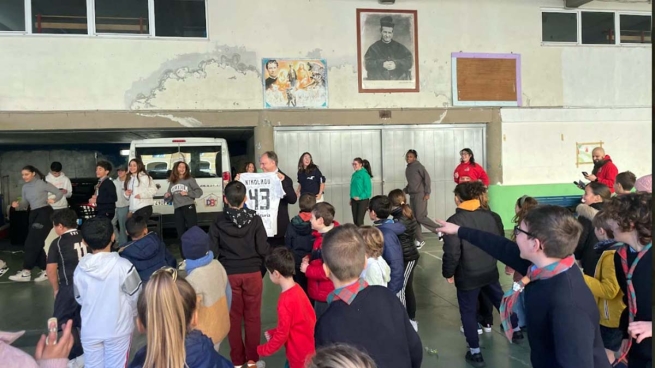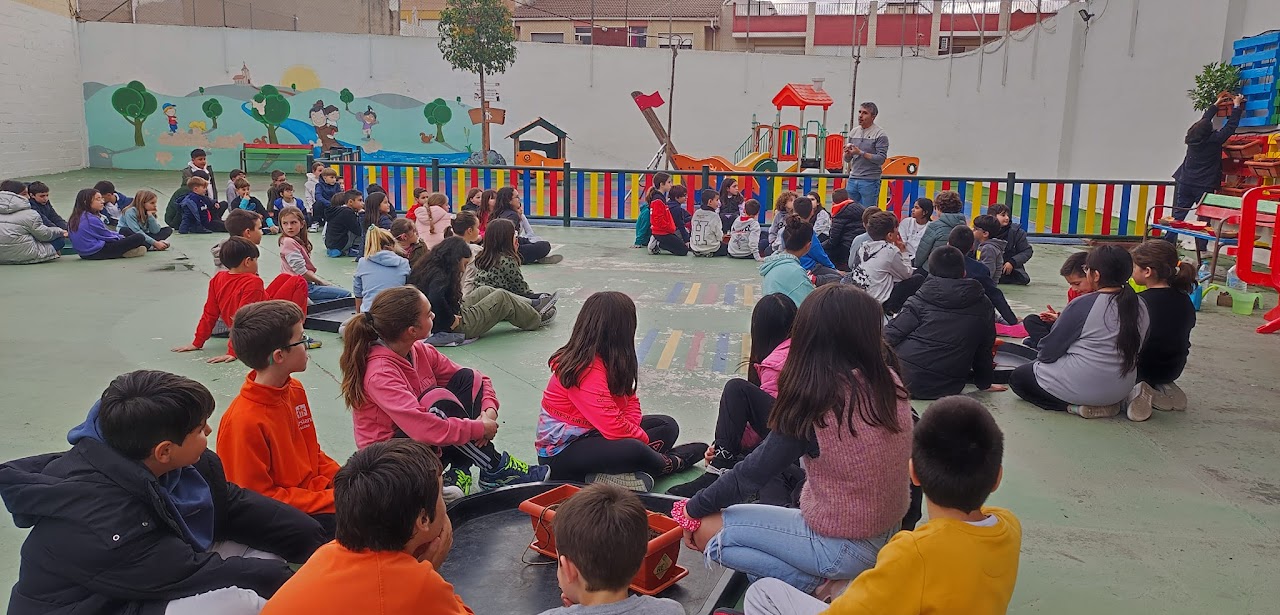COLOMBIA: Creating Safe Spaces for Youth to Study, Play (and Escape Violence)

(MissionNewswire) By providing education, workforce development services and social welfare programs across Colombia, missionaries are helping help poor youth have hope for a better life. In neighborhoods within the city of Neiva, missionaries provide safe spaces after school so youth can study and spend their free time productively.
The addition of these safe spaces at Salesian programs allows youth to have assistance with homework, enjoy time with their peers in a structured and safe environment, and access other services they might need. The activities provided also help youth to share and to accept each other, learn how to problem solve effectively and handle conflict in productive way. In the future, Salesian missionaries plan to start a sports school and music classes, particularly guitar and vocal technique, to give the youth additional alternatives.
“Salesian missionaries are trying to help youth and their families focus on normal life amid challenges of poverty and violence in their communities,” says Father Mark Hyde, executive director of Salesian Missions, the U.S. development arm of the Salesians of Don Bosco. “In these areas, youth need socialization and entertainment in a safe place as an alternative to the violence on the streets. They also need a quiet place where they can study, play and talk with their peers and supportive adults.”
Close to 33 percent of Colombians live in poverty, according to the World Bank. One in five children in the country has no access to education and 800,000 children reside in refugee camps. The number of street children has reached epidemic proportions and thousands of at-risk youth have been recruited as child soldiers.
In addition, many orphaned youth in Colombia live in poverty and have lost their parents to natural disasters, the HIV/AIDS epidemic and other diseases, war or domestic issues. Some children remain living with a single parent, struggling to survive and are often pulled out of school to earn income for the remaining family. Other youth live in shelters or on the streets.
The neighborhoods within Neiva are characterized by serious conditions of poverty and social problems. Family violence and the lack of educational and employment opportunities for young people mean that many youth spend their time on the streets often engaged in begging, theft, drug use and fighting. The area is also home to 23 youth gangs, which give rise to much criminal activity. Many young people are addicted to drugs and engaged in prostitution. Domestic violence including both child and marital abuse is widespread. And poor relationships between neighbors are frequent, seriously diminishing the overall quality of life for youth from this area.
In addition, Salesian missionaries report that nearly 50 percent of the population in Neiva is illiterate and local educational institutions often fail to meet the educational requirements resulting in a low socio-economic status for most families. In collaboration with the safe spaces program, Salesian missionaries provide education, skills training and workforce development services so youth can gain the education they need to find and retain long-term employment, breaking the cycle of poverty and giving back to their families and communities.
“Youth in Colombia struggle to gain an education and lead productive lives,” adds Fr. Hyde. “Because of conditions of poverty, youth are vulnerable to exploitation and criminal activity. Education provides the path out of poverty and helps youth gain the jobs skills necessary to find meaningful livable wage employment.”
###
SOURCES:
ANS – Colombia – Spaces for people to meet and socialize helping to prevent drug use and violence
World Bank – Colombia




